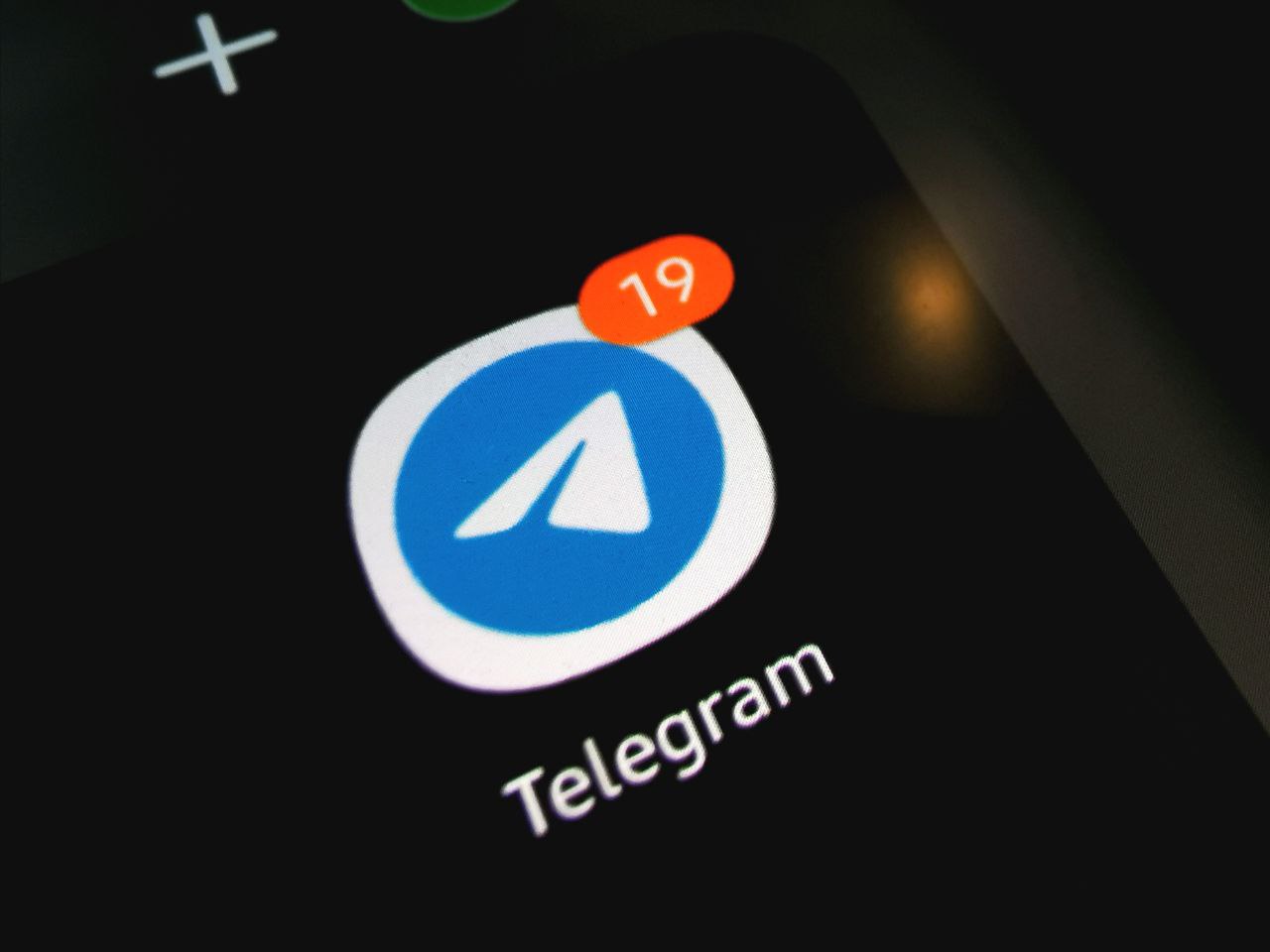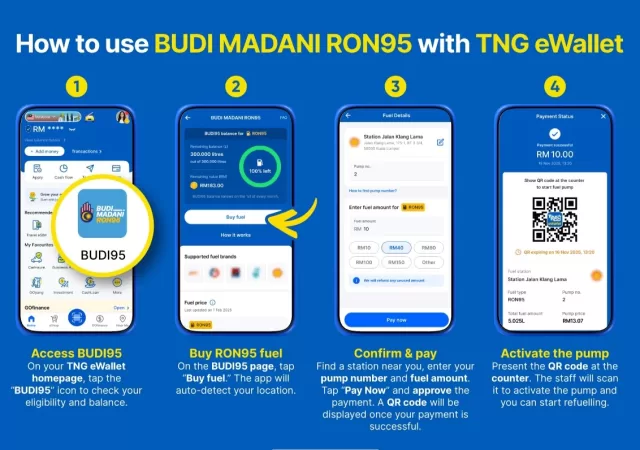Getting apps banned in certain countries is a lot more common than you think. China is a prime example of plenty of apps and platforms getting banned in favour of their own in-house platforms. Facebook and Google cannot operate in China currently. That also means your WhatsApp will not work in China unless you use a VPN to bypass all the restrictions.
Banning a communication platform or website does a few things for a country. For one, it helps curb the spreading of information from inside and outside the country. There is another aspect of monitoring the communication channels inside the country, but most independent platforms are encrypted enough that governments do not usually have a hold of your chat information – so we are mostly safe.
Countries like the United States wants to have more control over companies like Facebook and Google because of the amount of information that these platforms have. They argued that these companies have breached a few privacy laws and are using our data illegally. Information, after all, is power. But there is also another thing that social media and communication platforms can do. You can spread untrue information and that information can be gospel.
That is exactly what happened with Telegram in Brazil and the government has no choice but to curb the problem by banning the use of Telegram in the entire nation. Brazil has recently hosted a successful election campaign. Politics are never straightforward though and there will always be people who are unhappy about the results. That leads to misleading information being created and possibly circulated. The easiest way to disseminate disinformation is via social media.
While Facebook and Google have been doing their part in keeping misinformation in check on their own platforms, Telegram is a more open-sourced platform that has not done a lot in filtering out bad actors. They can manually filter disinformation channels and users though, if you email them. Brazil did the exact same thing anyone would then. Nothing happened though, and that led to Brazil banning the platform on Friday.
Telegram has since responded by removing the whatever reported posts that are pointed in the emails the Brazilian government has sent them. But they also claimed that they have missed the email. There is also a reason for them missing these emails. Apparently, Telegram uses a dedicated email for complains and takedown requests. The Brazilian court emailed Telegram on their general use email that they hardly check apparently. In that case, Telegram has also referred the Brazilian government to the correct email and rectified the issue.
As of today, Telegram is no longer banned in Brazil. Telegram also promises that they will be doing better in labelling and taking down accounts, groups, and even misinformed posts in general. They have removed classified information shared by the Brazilian President and removed accounts belonging and connected to an activist that is accused of misinformation.
Source: The Verge






